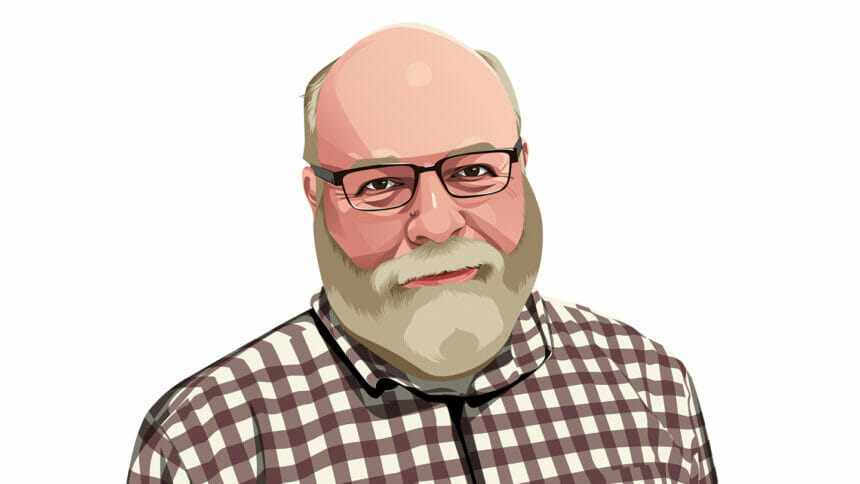She’s a dear friend — and maybe the most annoying nursing home administrator I’ve ever known. So relentlessly optimistic. So forward-focused. In other words, everything I long to be, but too frequently am not. This time, however, she pushed things too far.
I had learned she had COVID so I sent a supportive text, oozing empathy. Yes, she was indeed quite sick and feeling horrible, she answered, before adding words as mystifying as they were infuriating: “But it doesn’t keep my mind from being happy.”
I stared at that text with resentment and jealousy. Because when I’m sick, or face any sort of unwelcome situation, I tend to wallow in it, to play the victim, to doubt things will ever improve again.
Not her, and she leads her team the same way. Whether during the pandemic or through myriad facility challenges, she’s the poster-person for positive mindset. Obviously, that’s exactly what you want in a long-term care leader, and by every measure she’s great at her job. But that didn’t make her chirpy response any less maddening.
I turned to another blissed-out coworker whose cheerfulness seems impervious to any obstacle. How does she do it, I wondered? Mood-altering medication, perhaps? Pure denial?
“I think it comes from acceptance,” she told me. “I have a firm belief that my responses direct my reality, and even in difficult times, I try to see how much is going right.”
Clearly, she was vying to become the second-most annoyingly positive long-term care person I know. So what does she do when trouble strikes, or a challenge seems overwhelming?
She talked about remembering she’s not alone, self-compassion, and letting worry sit at the table, without trying to push it away. And of course, about acceptance. But it really comes down to daily practices, she said, describing the early morning hour she spends meditating, exercising, crying, dancing — whatever it takes to build resilience.
Concluding my interrogation, I suggested maybe she was simply a robot or freak of genetics.
“I’m an emotional person, and no stranger to heartbreak and anger,” she responded. “For me, it goes back to the faith I have in my existence and why I’m here.”
Annoying as these two friends might seem sometimes, their ability to motivate and inspire by example is a desperately needed gift to the world, the profession, and especially to me.
Because they’ve been tested — and came back positive.
From the october 2024 Issue of McKnight's Long-Term Care News





